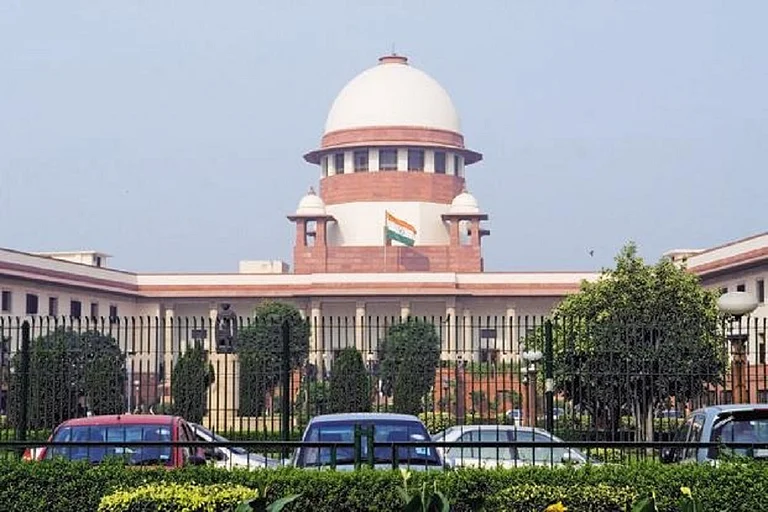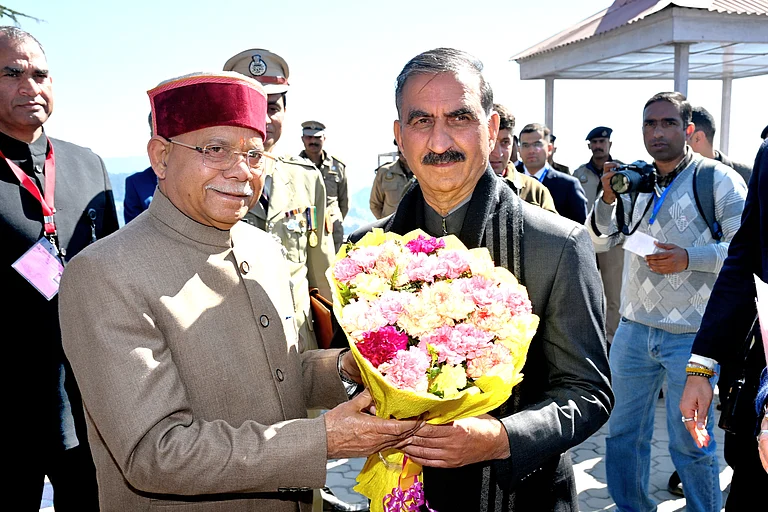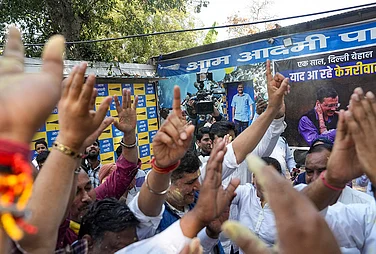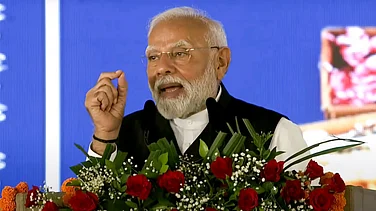
Supreme Court Bench questions Governor’s power to withhold assent to state Bills without time limits.
Solicitor General Tushar Mehta argues that withholding assent effectively kills a Bill, defending the Governor’s constitutional role.
CJI raises concerns about harmony between Governors and elected state governments, citing the vision of the Constitution’s framers.
A five-judge Constitution Bench of the Supreme Court on Tuesday resumed hearing a Presidential Reference that seeks clarity on whether timelines can be imposed on Governors and the President when dealing with Bills passed by state legislatures.
The Bench, led by Chief Justice of India (CJI) BR Gavai and comprising Justices Surya Kant, Vikram Nath, PS Narasimha and AS Chandurkar, pressed the Centre on the limits of gubernatorial powers under the Constitution.
According to LiveLaw,Chief Justice Gavai asked Solicitor General Tushar Mehta, appearing for the Centre, whether allowing a Governor to indefinitely withhold assent without sending a Bill back for reconsideration would reduce elected state governments to “the whims and fancies of the Governor.”
“Are we then not giving total powers to the Governor to sit in appeals? The Government elected by majority will be at the whims and fancies of the Governor. If such a power is recognised, will it not give the Governor the right to keep the bill on hold indefinitely?” the CJI observed as cited in PTI.
According to the Hindu, Mr Mehta, citing Article 200, argued that the Governor is constitutionally empowered to grant assent, withhold assent, reserve the Bill for the President’s consideration, or return it to the Assembly. If assent is withheld, he contended, the “Bill dies.” Defending the office, he said, “A person who is not directly elected is not a lesser person. The Constitution has reposed trust in the Governor to discharge Constitutional functions.”
The Bench, however, as cited in NDTV, questioned whether this interpretation was consistent with the vision of the Constitution’s framers. “They said there will be harmony between Governors and provincial governments. It was further said that state governments will be consulted before the appointment of Governors,” CJI Gavai remarked. “Have we lived up to the vision where, in the first paragraph, they said there would be harmony between the Governor and the State?”



























